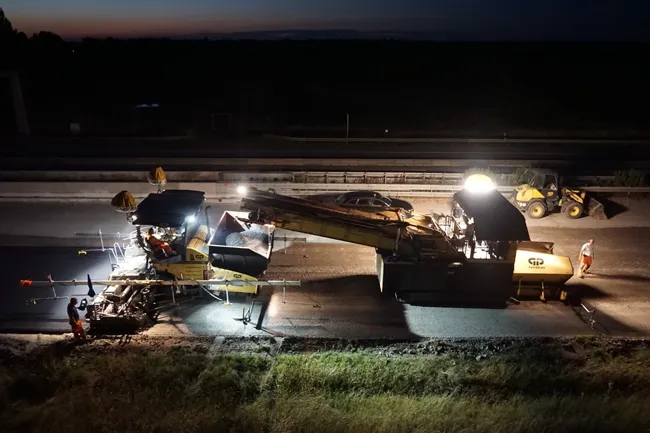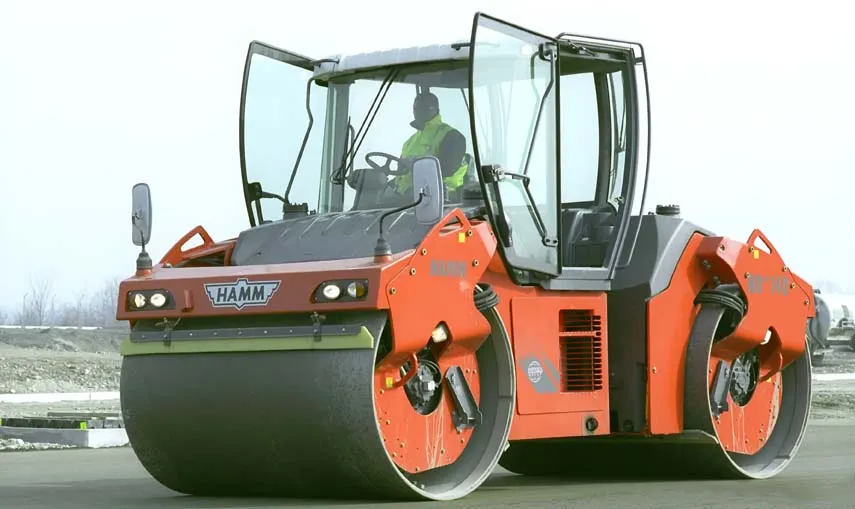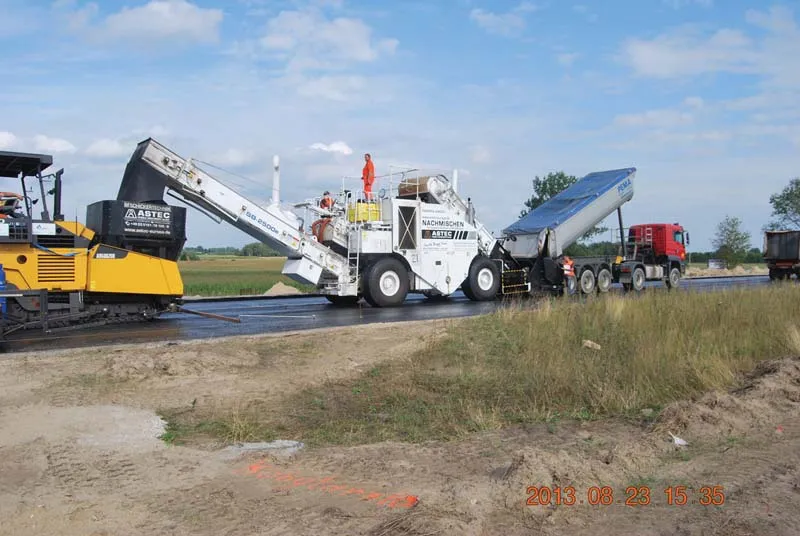Siemens has received orders, valued at nearly US$63 million from Eurotoll and Total, two of the largest French electronic toll onboard units issuers, to supply technology for the new French toll collection system. The equipment comprises onboard units for the vehicles as well as the electronic detection system. The orders are part of the Ecotaxe project which will see the introduction of mileage-based taxation on French national roads for trucks weighing 3.5 tons and more. In addition to the highways, bridg
May 30, 2012
Read time: 2 mins
In addition to the highways, bridges and tunnels already subject to toll payments, France plans to introduce a toll for the use of national roads and some country roads for trucks weighing 3.5 tons and more starting in mid-2013.
The monitored road network comprises about 10,000 kilometres. In contrast to conventional microwave systems, satellite-based tolling systems directly detect the position of the vehicles via the onboard units by using GPS satellite signals which are encrypted and transferred by GSM mobile telephony to the control centre for further processing. This satellitebased technology is therefore especially suitable for extensive road networks beyond the scope of the highways.
Siemens already developed and supplied an area-wide satellite-based toll collection system for Slovakia in 2010 and completed other toll projects, such as in London, Tel Aviv and the Seattle region in the US state of Washington.








